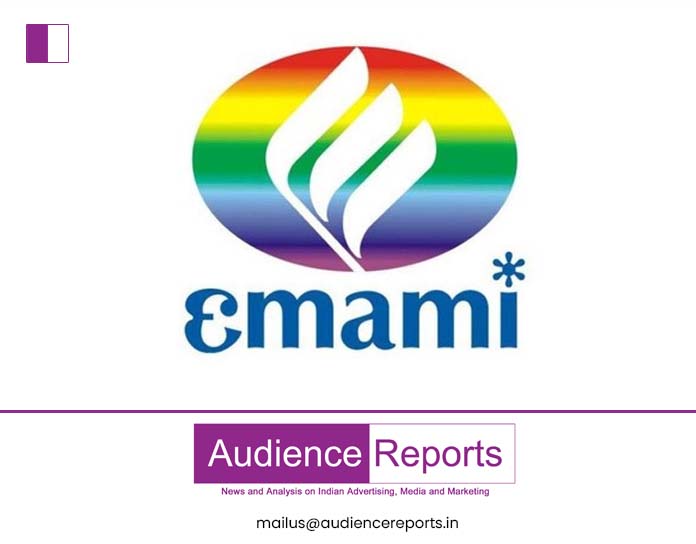The company spent Rs 560.70 crore in FY23 versus Rs 522.90 crore in FY22
FMCG major Emami on Thursday posted an increase of 7.23% in ad spends in the financial year 2023. The company spent Rs 560.70 crore in FY23 versus Rs 522.90 crore in FY22.
In Q4 of FY23, the company spent 15.37% lesser on QoQ and 13.3% on YoY basis. Its Q4 FY23 ad spends stood at Rs 129.7 crore in comparison to Rs 153.26 crore in Q3FY23 and Rs 149.5 crore in Q4FY23.
The company witnessed a 60% drop in consolidated net profit to Rs 142 crore for the quarter that ended March 2023, on muted demand.
The company posted a consolidated net profit of Rs 354 crore in the corresponding period of FY22.
Revenue from operations during the quarter was up 9% to Rs 836 crore, from Rs 768 crore registered in Q4 of FY22.
The company attributed the decline in net profit to muted demand for personal care products and excessive rainfall in many parts of the country in March, which impacted the demand for summer products.
“Inflation in rural areas reached 6.8% in FY23, the highest level in the previous nine years, and rural inflation surpassed urban inflation for the first time since FY18. Additionally, excessive rainfall in many parts of the country in March impacted the demand for summer products,” the company said in a statement.
“Despite the challenging demand scenario on account of high inflation, muted rural sentiments and unseasonal rains, we have delivered a resilient profit-led growth in Q4 FY23. After a few quarters of ongoing pressure on input costs, we have been able to expand our gross and EBIDTA margins delivering 20% EBIDTA growth,” Emami vice-chairman and MD Harsha V Agarwal said.
For the full year, the company’s revenue at Rs 3,406 crore grew by 7%. Net profit for FY23 slipped to Rs 627 crore, down from Rs 836 crore over the previous year.
In FY23 the gross margins were at 64.7%, contracting by 160 basis points due to inflationary pressure and an unfavourable portfolio mix in the first three quarters, the statement said.
The domestic business grew by 4% in FY23 on a higher base of Covid contextual categories like in pain management and healthcare range, it added.




































